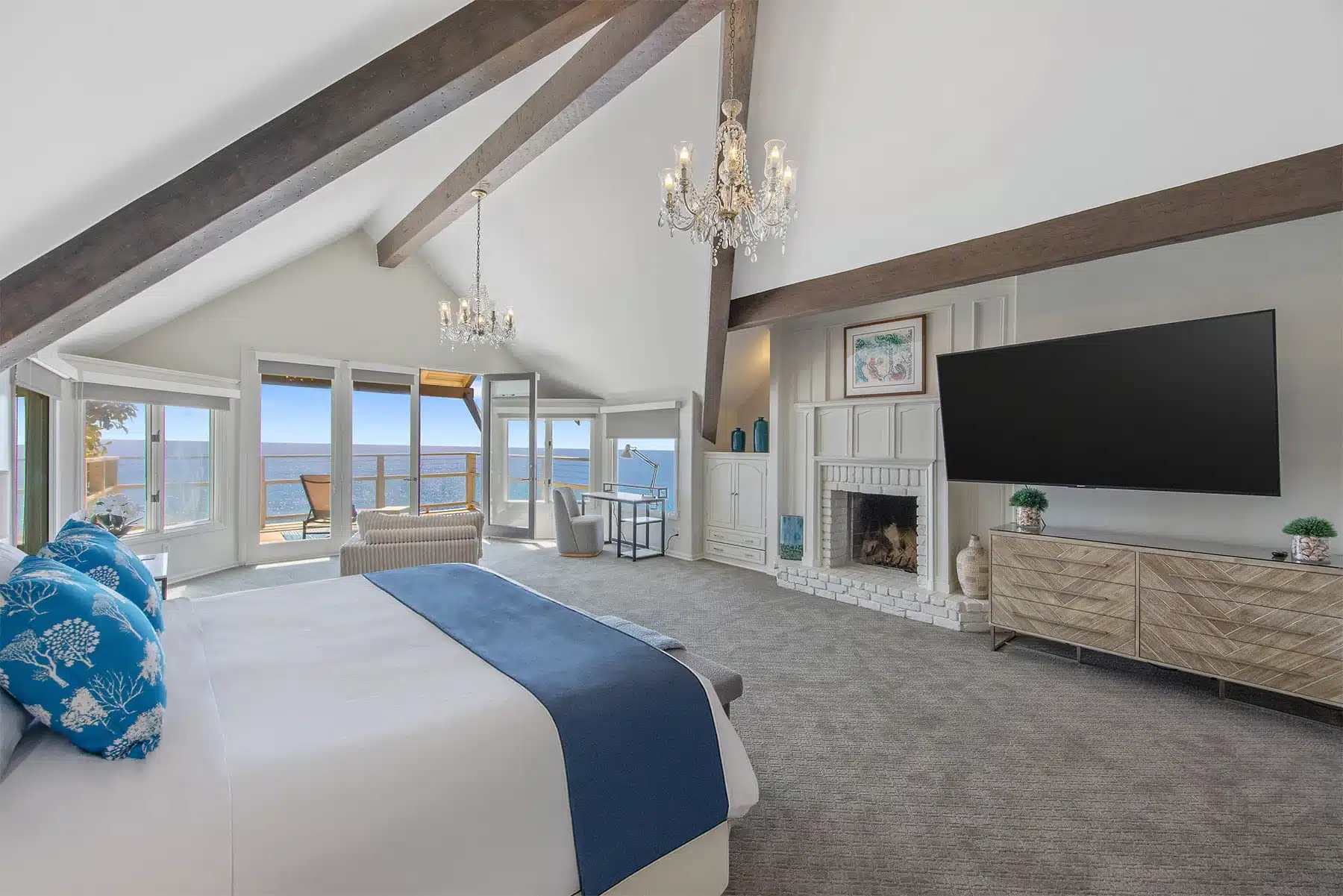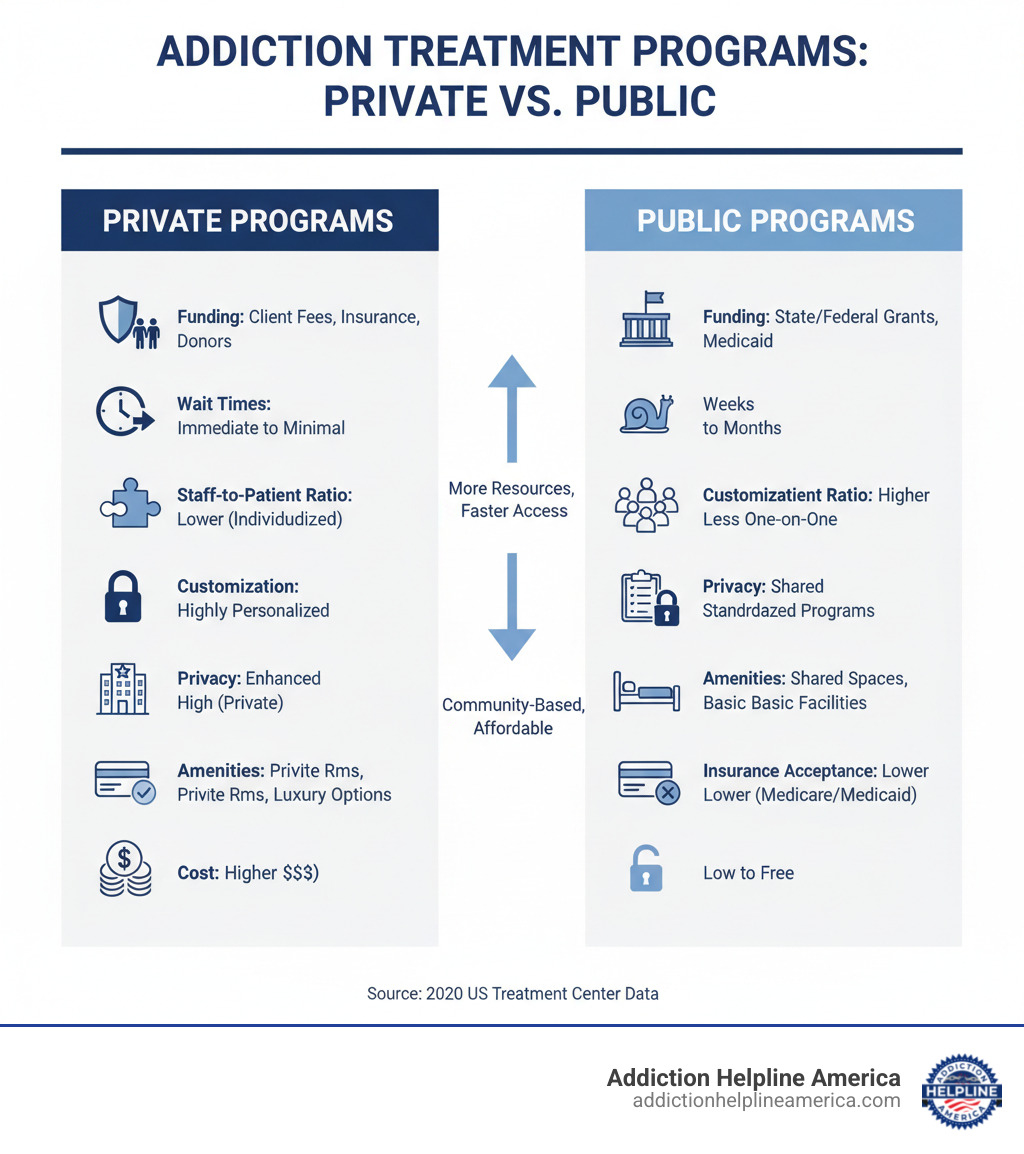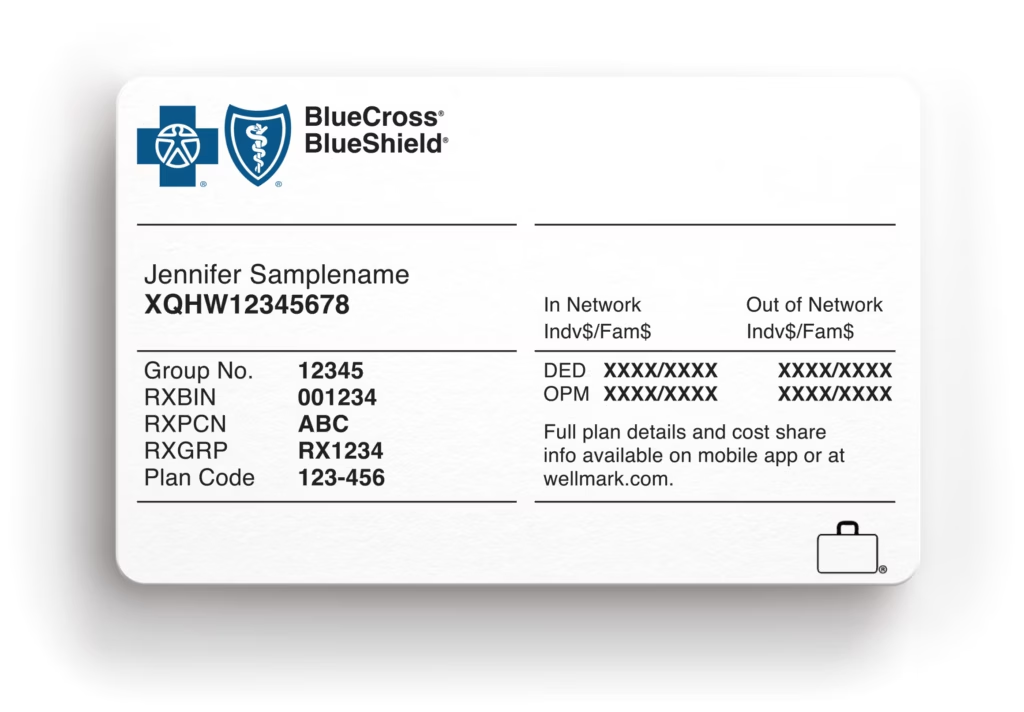
Why Private Addiction Treatment Matters for Your Recovery Journey
Private addiction treatment offers a distinct path to recovery, characterized by personalized care, immediate access, and improved privacy. These programs are funded primarily through client fees, insurance, and private donors, which allows them to provide a higher level of service and a broader range of therapies.
Key Differences at a Glance:
| Feature | Private Treatment | Public Treatment |
|---|---|---|
| Funding | Client fees, insurance, donors | State/federal grants, Medicaid |
| Wait Times | Immediate to minimal | Often weeks to months |
| Staff Ratio | Lower (more individualized) | Higher (less one-on-one time) |
| Amenities | Private rooms, luxury options | Shared spaces, basic facilities |
| Cost | Higher ($$$) | Low to free |
| Customization | Highly personalized plans | Standardized programs |
In 2020, private nonprofit and for-profit centers made up over 90% of U.S. treatment facilities. The defining features of private rehab include immediate admission, low staff-to-patient ratios for individualized attention, and strict confidentiality. Many centers also provide amenities like private rooms, specialized therapies (e.g., equine or art therapy), and serene, resort-like settings.
The main trade-off is cost. While most private facilities accept private health insurance, coverage for public options like Medicare or Medicaid can be less common, especially at for-profit centers. However, many private nonprofit centers offer sliding scale fees to improve affordability.
At Addiction Helpline America, we help individuals and families steer the complex landscape of private addiction treatment. We understand that choosing a program is overwhelming, and we’re here to connect you with the right resources for your unique situation.

Understanding Private vs. Public Addiction Treatment
When seeking help for addiction, a key decision is choosing between private addiction treatment and publicly funded options. While both aim for sobriety, the experience and resources differ significantly. Public programs are vital but often crowded with long wait times. Private programs are more like specialized clinics—focused, personalized, and ready when you are.
| Feature | Private Treatment | Public Treatment |
|---|---|---|
| Funding | Client fees, private insurance, and donors, allowing for more resources per patient. | Federal/state grants and Medicaid, which can lead to limited resources. |
| Accessibility | Immediate admission or very short wait times for rapid entry into care. | Often long waiting lists, a major barrier to getting timely help. |
| Wait Times | Minimal to none, capturing the critical window of motivation. | Weeks to months, risking loss of motivation for treatment. |
| Staff Ratio | Lower ratios for more individualized attention and closer monitoring. | Higher ratios, resulting in less one-on-one time with staff. |
| Customization | Highly personalized plans custom to individual needs and co-occurring conditions. | Standardized programs with less flexibility for individual needs. |
Public programs are essential, serving over 100,000 individuals in 2020 through government-operated facilities. They are designed for those who cannot afford private care. However, demand often exceeds capacity. Waiting time can be a significant barrier to treatment entry, and a delay can mean the difference between recovery and relapse. For affordable options, our Free Alcohol Rehab Guide provides valuable information.
Call Now – Your Journey to Recovery Begins Today!

Take the first step towards a healthier life! Call now to connect with our compassionate team and start your recovery journey today. Your path to healing awaits!
Our recovery specialists are available 24/7 to provide support, and all calls are confidential and free. Reach out anytime – we’re here to help!
Advantages of Private Programs
The primary advantage of private addiction treatment is immediate access. When someone is ready for help, private facilities can often admit them within hours or days, which can be life-saving.
You’ll also receive more personal attention due to lower staff-to-patient ratios. Therapists and medical staff can monitor your progress closely and adjust your treatment as needed. This isn’t assembly-line care—it’s deeply personal.
Your treatment plan is built around you, addressing your specific addiction, mental health needs, and personal history. The program adapts to fit you, not the other way around, which improves long-term success.
Privacy is another key benefit, especially for professionals or anyone concerned about their reputation. Private facilities offer discreet locations and strict confidentiality protocols. Finally, amenities and specialized therapies—like private rooms, yoga, art therapy, or equine therapy—make recovery feel more like healing than punishment. These are different pathways to a healthier, sober life. Learn more through our treatment network.
Disadvantages and Considerations
Private addiction treatment carries a significant cost. The personalized care and amenities are expensive, and for many, the price is a major barrier.
Insurance can also be complex. While most private for-profit facilities accept private insurance, your specific plan may not cover the full cost, leading to substantial out-of-pocket expenses. Always verify coverage beforehand.
This cost barrier means private treatment isn’t accessible to everyone. However, don’t give up. Private nonprofit facilities often offer sliding scale fees (69.5% in 2020) and are more likely to accept Medicaid (81.8% in 2020).
Finally, always check for accreditation from bodies like the Commission on Accreditation of Rehabilitation Facilities (CARF) or The Joint Commission. This ensures the facility meets high standards for quality and ethical care. Your recovery depends on receiving legitimate, evidence-based treatment.
Inside a Private Rehab: Treatment, Therapies, and Amenities
Walking into a private addiction treatment center, you enter a space designed for healing. These are not sterile institutions but supportive environments where every detail aids your recovery.

Upon arrival, your care team creates an individualized treatment plan based on your substance use history, personal struggles, and recovery goals. This roadmap addresses not just the addiction but also its underlying causes. This holistic approach recognizes that addiction affects your physical, mental, and emotional well-being. You’re not just learning to stop using; you’re learning to build a fulfilling life. Our Drug Addiction Complete Guide explores this comprehensive method.
Comfort and privacy are key components of the treatment philosophy. A peaceful private room can make a significant difference, especially during the difficult early days of detox. Confidentiality protocols are stringent, often exceeding standard HIPAA requirements with discreet locations and controlled communication policies to protect your privacy. The location itself, often in a serene, secluded setting, removes you from daily triggers and creates space for healing.
Key Characteristics of Private Addiction Treatment
What truly sets private addiction treatment apart is the focus on the individual experience.
- Private Rooms: A personal sanctuary for rest and reflection, invaluable during withdrawal.
- Gourmet Dining: Nutritious, high-quality meals prepared by chefs to help your body heal.
- Recreational & Specialized Therapies: Activities like yoga, fitness, art, equine, or adventure therapy reduce stress and teach healthy coping skills.
- Low Client-to-Staff Ratio: Ensures you receive in-depth, personalized attention from therapists, counselors, and medical staff.
- Executive Programs: For professionals needing to maintain work responsibilities, these programs offer private workspaces and flexible schedules.
As our page on Celebrities That Are Sober shows, many choose private facilities for these very reasons.
Common Therapies and Modalities
Treatment is built on evidence-based practices that are proven to be effective.
- Cognitive Behavioral Therapy (CBT): Helps you identify and change harmful thought patterns that lead to substance use.
- Dialectical Behavior Therapy (DBT): Teaches skills for mindfulness, distress tolerance, and emotional regulation, especially useful for co-occurring conditions.
- Dual-Diagnosis Treatment: Addresses addiction and co-occurring mental health issues like depression, anxiety, or PTSD simultaneously. This integrated approach is critical for lasting recovery. Our Mental Health Rehab Complete Guide provides more detail.
- Family Therapy: Helps repair relationships damaged by addiction and educates loved ones on how to provide healthy support.
- Holistic Therapies: Yoga, meditation, acupuncture, and nutritional counseling address your overall well-being, healing the whole person.
- Medication-Assisted Treatment (MAT): For some, medications can ease withdrawal and reduce cravings, making it easier to focus on therapy. The National Institute on Drug Abuse confirms that combining medication with therapy is a highly effective approach.
Call Now – Your Journey to Recovery Begins Today!

Take the first step towards a healthier life! Call now to connect with our compassionate team and start your recovery journey today. Your path to healing awaits!
Our recovery specialists are available 24/7 to provide support, and all calls are confidential and free. Reach out anytime – we’re here to help!
The Path to Recovery: Admission, Duration, and Aftercare
The journey through private addiction treatment begins with the decision to seek help. It’s a process that unfolds in phases, each designed to support you on your path to recovery.

We’ve walked with thousands as they’ve taken these steps. Having the right support throughout the entire journey is what matters most. Our Substance Abuse Help Guide details what to expect at each stage.
The Admission Process
Starting treatment is typically a straightforward, compassionate process designed to get you help quickly.
- Initial Call & Assessment: A confidential conversation with an admissions counselor to discuss your situation and determine the appropriate level of care.
- Insurance Verification: The facility’s team often handles this for you, clarifying coverage and potential out-of-pocket costs.
- Pre-Intake Screening: A clinical or medical review to ensure the facility can safely meet your needs, especially for medical detox.
- Travel & Packing: Many centers assist with travel arrangements and provide a list of what to bring, helping you arrive prepared and focused.
If you’re helping someone else, our guide on how to get a loved one into rehab offers practical advice.
Treatment Duration and Levels of Care
Private addiction treatment offers flexible timelines adapted to your progress.
- Detoxification: The first step is medically supervised withdrawal to safely remove substances from your body. Medical staff manage symptoms to keep you as comfortable as possible. Understanding the alcohol withdrawal timeline can be helpful.
- Inpatient/Residential Treatment: After detox, you live at the facility for structured, round-the-clock care. Stays of 30, 60, or 90 days are common, with research showing that longer stays improve outcomes.
- Step-Down Care: As you progress, you may transition to a Partial Hospitalization Program (PHP) for daytime treatment or an Intensive Outpatient Program (IOP) for more flexible therapy sessions a few times a week. This allows you to gradually reintegrate into daily life while maintaining support.
Your clinical team continuously assesses your progress, adjusting your care plan and length of stay as needed.
The Critical Role of Aftercare
Leaving residential treatment is the beginning of a new phase, not the end of recovery. Solid aftercare is crucial for long-term success.
- Relapse Prevention Plan: Before you leave, you’ll create a roadmap to identify triggers, develop coping strategies, and establish a support network. Our guide on how to prevent relapse offers more strategies.
- Sober Living Homes: These structured, supportive environments provide accountability as you transition back to daily life.
- Alumni Programs: Private facilities often have robust alumni networks that offer ongoing connection and peer support.
- Support Groups: Groups like Alcoholics Anonymous (AA), Narcotics Anonymous (NA), or SMART Recovery provide a community and framework for maintaining sobriety.
- Ongoing Therapy: Continuing individual counseling helps you steer challenges and reinforce the skills learned in treatment.
Recovery is a lifelong journey, and the continuum of care offered by private treatment provides layers of support to help you succeed.
Navigating the Costs of Private Treatment
Understanding the financial commitment of private addiction treatment is a crucial part of making an informed decision. The cost can feel overwhelming, but it’s an investment in your health and future.

The price for private addiction treatment varies widely, from $10,000 to over $100,000 for a 30-day program, depending on location, amenities, and the level of care required. While the upfront cost is high, consider the long-term costs of untreated addiction—lost income, legal fees, and declining health. Effective treatment often pays for itself many times over through improved well-being, relationships, and career opportunities.
How to Pay for Private Addiction Treatment
You have several options for covering the cost, and treatment is often more accessible than you might think.
- Private Health Insurance: This is the most common payment method. The Mental Health Parity and Addiction Equity Act requires most insurance plans to cover substance use disorder treatment. Your plan may cover a significant portion of the cost.
- Self-Pay: Using savings or funds from family allows for complete control over your choice of facility and offers additional privacy.
- Financing Options: Many facilities partner with healthcare financing companies to offer payment plans, allowing you to spread the cost over time.
- Private Nonprofit Centers: These facilities are often more affordable, with many offering sliding scale fees based on income and accepting Medicaid at higher rates.
- Employee Assistance Programs (EAPs): Check with your employer’s HR department. Your EAP may offer free counseling or help cover a portion of treatment costs.
Verifying Your Insurance Coverage
Understanding your insurance benefits is key to avoiding financial surprises.
- Contact Your Provider: Call your insurance company to ask about your deductible, co-pays, and in-network vs. out-of-network coverage for substance use treatment.
- Use a Verification Service: At Addiction Helpline America, we offer free, confidential insurance verification. Our team can quickly determine what your plan covers and explain your potential out-of-pocket costs in plain English.
- Understand In-Network vs. Out-of-Network: In-network facilities have pre-negotiated rates with your insurer, resulting in lower costs for you. Out-of-network care may still be covered, but at a lower rate, meaning you’ll pay more. It’s always best to confirm this before admission.
Money shouldn’t be the barrier to getting help. We’re here to help you figure out the financial piece so you can focus on recovery. Learn more about how Insurance Covers Rehab on our website.
Frequently Asked Questions about Private Rehab
We’ve helped countless families steer private addiction treatment, and certain questions come up often. Here are straightforward answers to common concerns.
How effective is private addiction treatment?
Private treatment can be highly effective, but success depends on program quality, your engagement, and commitment to aftercare. Private centers offer significant advantages, such as lower staff-to-patient ratios for individualized attention, a wider range of evidence-based therapies, and the flexibility for longer stays (60-90 days or more), which NIDA research links to better outcomes. Private treatment creates an optimal environment for recovery, but your commitment is what ultimately determines long-term success.
How do private rehabs handle co-occurring mental health conditions?
Most people with addiction also face mental health challenges like depression, anxiety, or PTSD. Quality private addiction treatment facilities specialize in dual-diagnosis treatment, addressing both conditions simultaneously. An integrated care team of psychiatrists, therapists, and addiction specialists works together to treat the whole person. This may involve specialized therapies like DBT or trauma-informed care, medication management, and holistic approaches. Treating the root causes of substance use significantly improves the chances of lasting recovery. Our Mental Health Rehab Complete Guide offers more on this integrated approach.
How is confidentiality protected in a private facility?
Privacy is a top priority. All rehabs are bound by the strict federal HIPAA law, which protects your health information. Private facilities often go further to ensure discretion. Many are situated in secluded locations, offer private rooms, and enforce controlled communication policies. Staff receive rigorous training on confidentiality. For clients who need extra discretion, such as executives or public figures, some centers offer specialized programs with additional privacy measures. The goal is to create a safe, secure space where you can focus completely on healing.
Call Now – Your Journey to Recovery Begins Today!

Take the first step towards a healthier life! Call now to connect with our compassionate team and start your recovery journey today. Your path to healing awaits!
Our recovery specialists are available 24/7 to provide support, and all calls are confidential and free. Reach out anytime – we’re here to help!
Your Path to Recovery Starts with the Right Information
Choosing a path for addiction treatment is one of life’s most important decisions. It’s about finding the right environment to heal and build a foundation for lasting sobriety. We know this can feel overwhelming, especially during a crisis.
Private addiction treatment offers highly personalized care, immediate access, and a comfortable setting designed for healing. With lower staff-to-patient ratios and a comprehensive approach that addresses underlying issues, it provides an excellent opportunity for recovery. However, the cost can be a significant factor, and it’s crucial to weigh the benefits against your specific needs and financial situation.
At Addiction Helpline America, we specialize in helping people steer these complex decisions. Our mission is to provide free, confidential, and personalized guidance to help you find the right program. We work with a vast network of accredited treatment centers across the nation, from luxury private rehabs to nonprofit facilities with flexible payment options.
We’re not here to push one solution; we’re here to listen and connect you with a program that truly fits. The hardest part is often making the first call, but that single step can change everything. It’s the moment hope becomes action.
You don’t have to figure this out alone. Take the first step toward a healthier life by reaching out for confidential support.
Find help now through our addiction and rehab hotlines
Our helpline is 100%
free & confidential
If you or someone you care about is struggling with drug or alcohol addiction, we can help you explore your recovery options. Don’t face this challenge alone—seek support from us.
Programs
Resources
Will my insurance
cover addiction
treatment?
We're ready to help
Find the best
drug or alcohol treatment
center
Are you or a loved one struggling with addiction? Call today to speak to a treatment expert.















